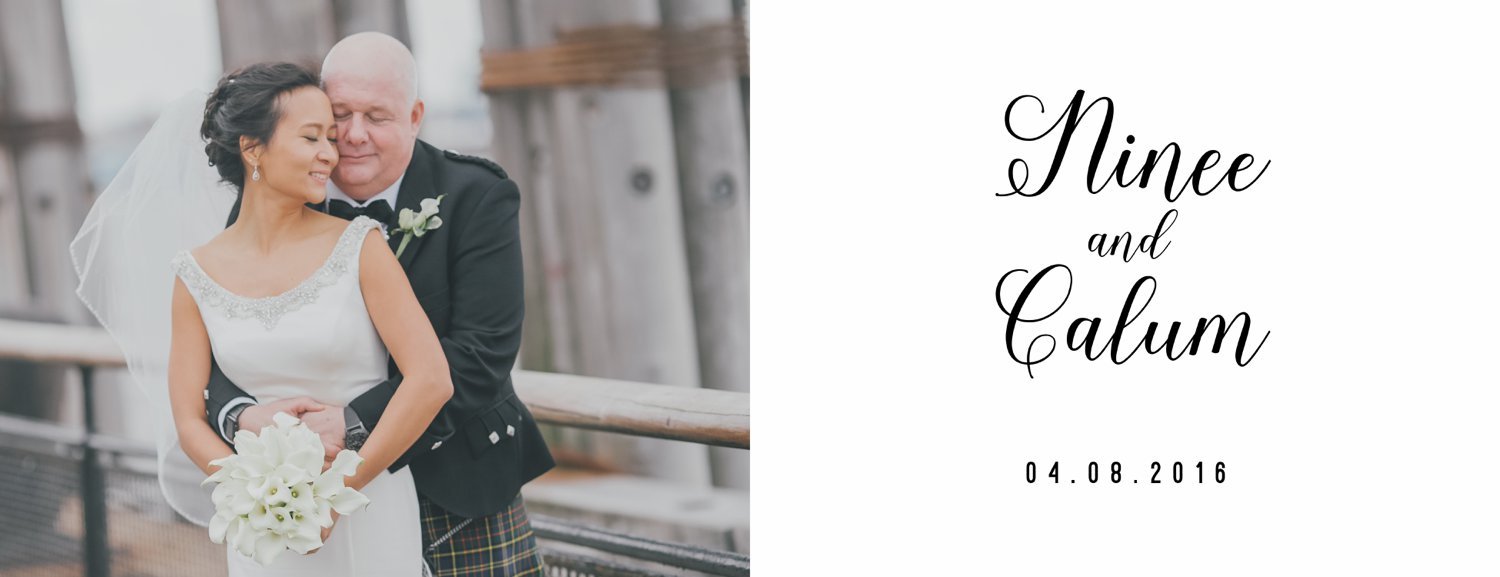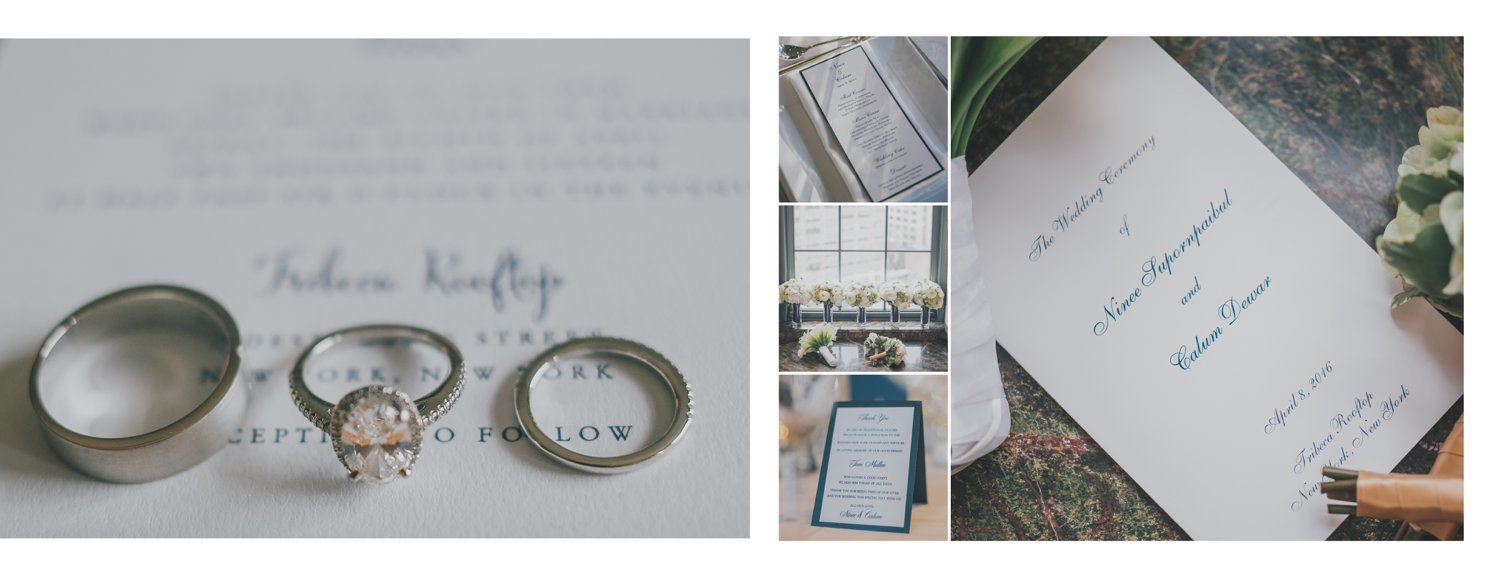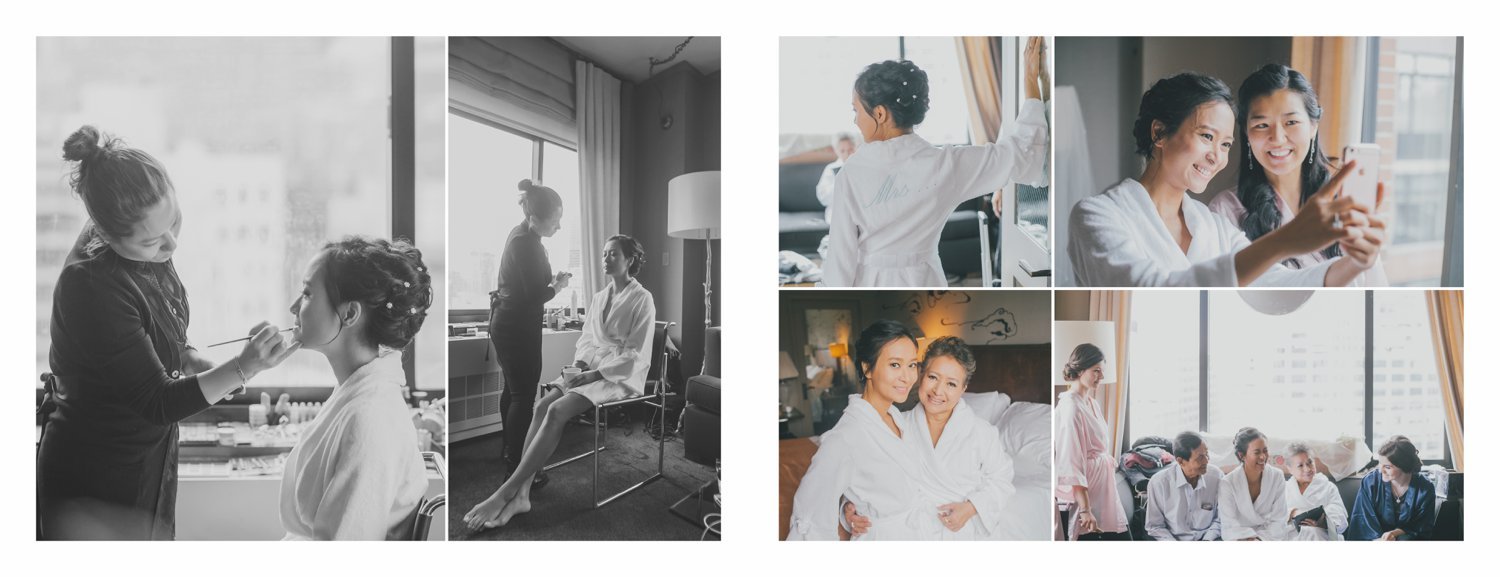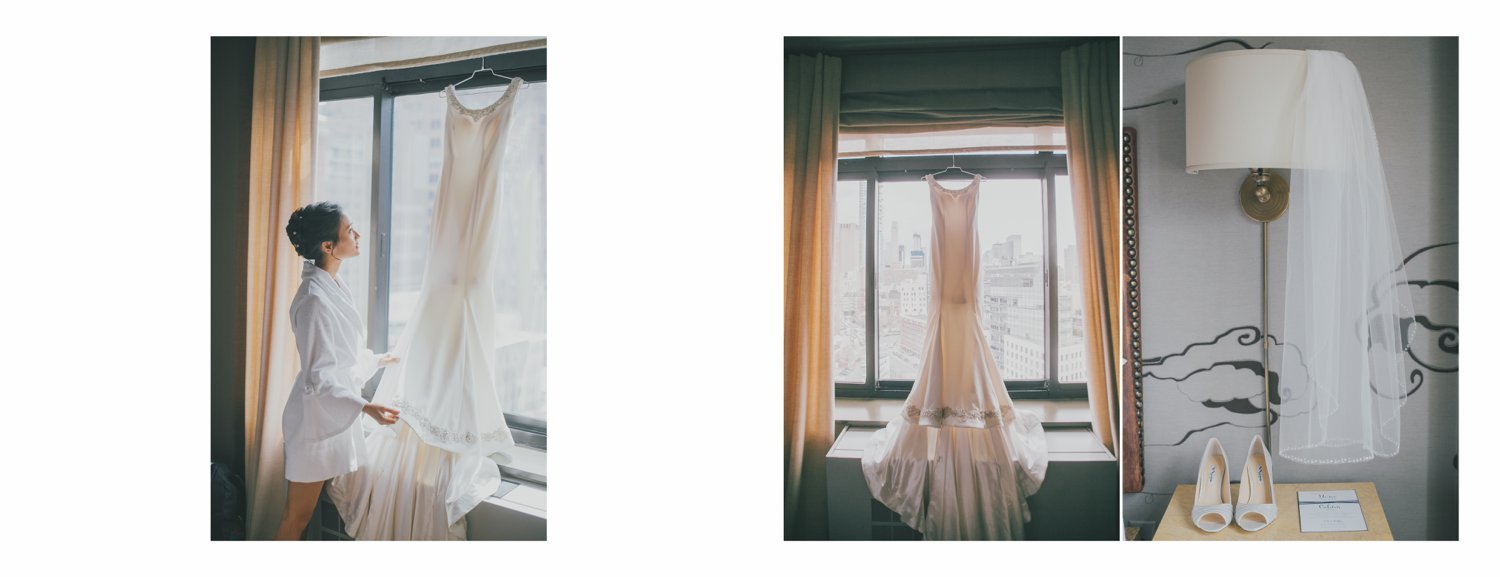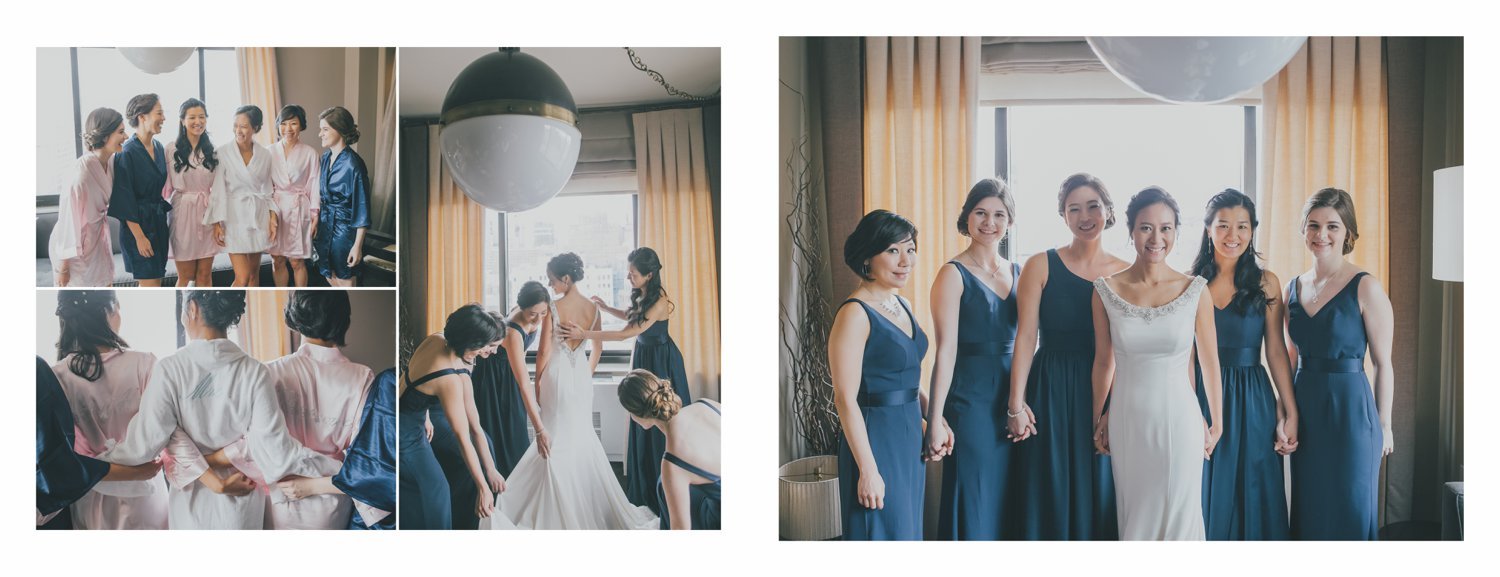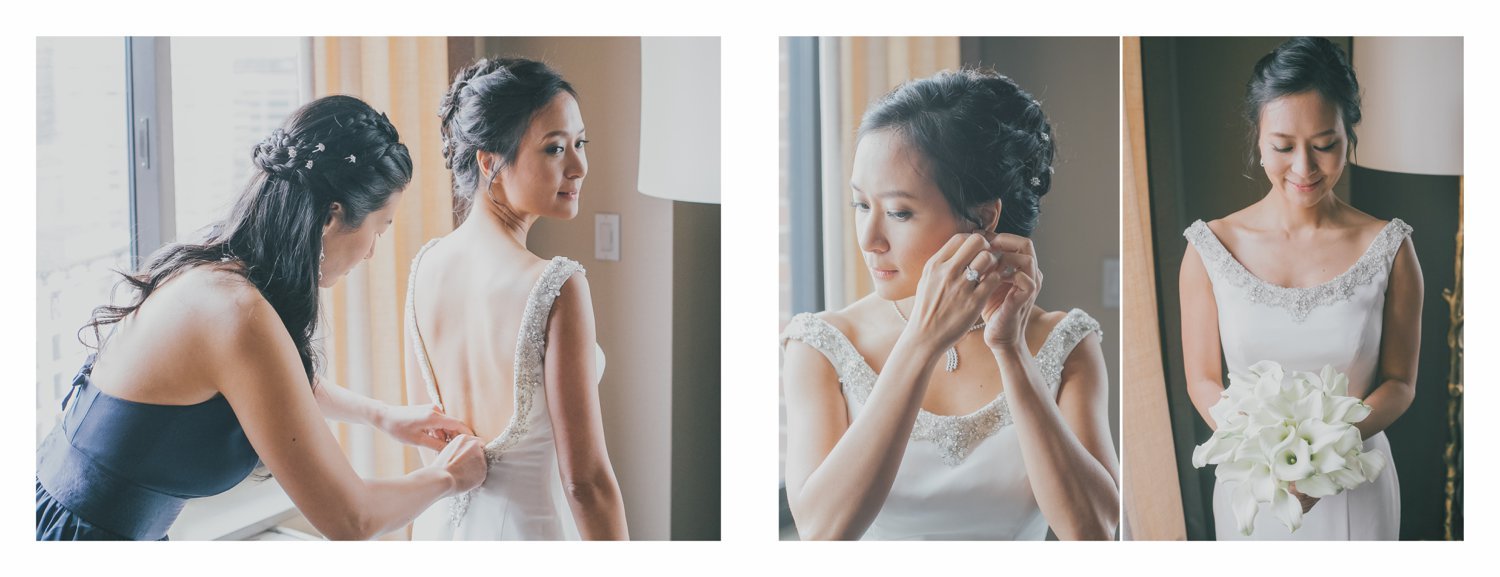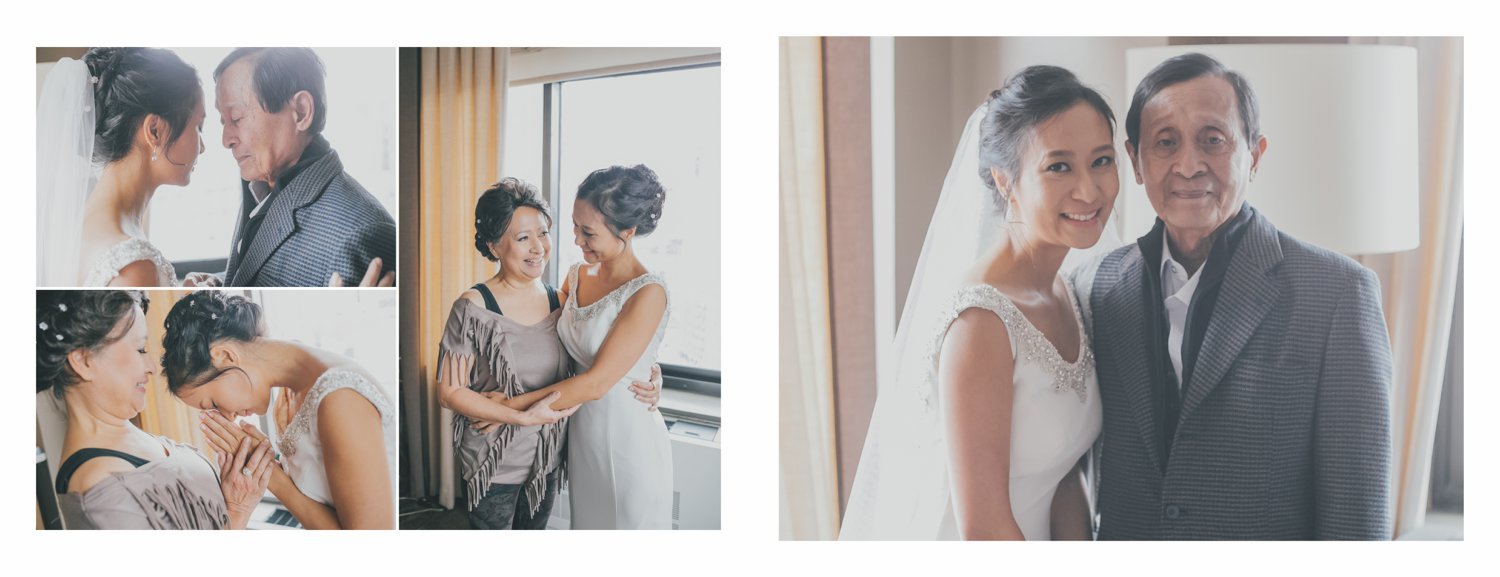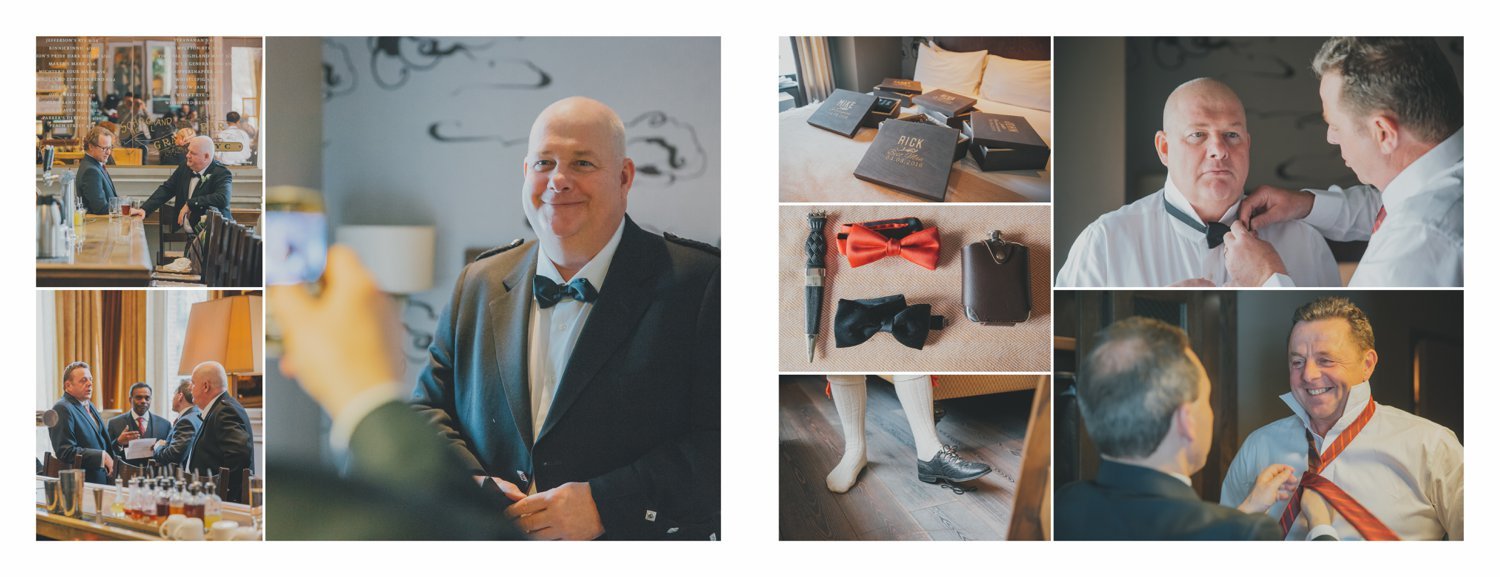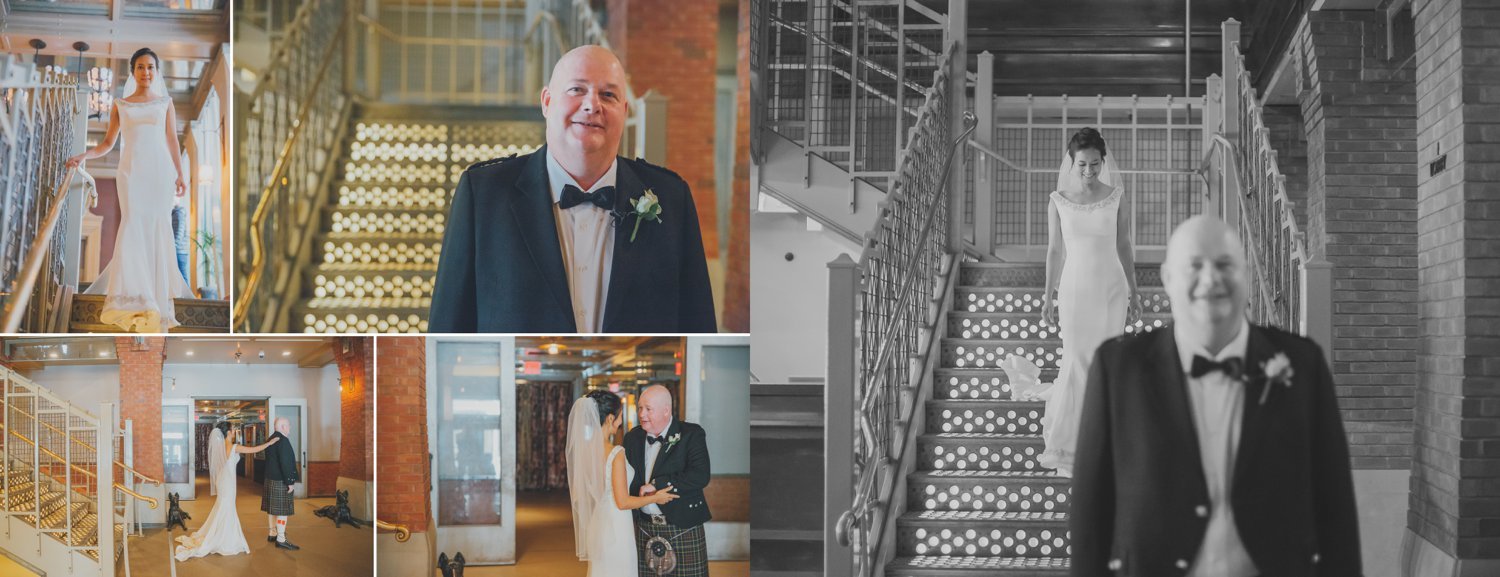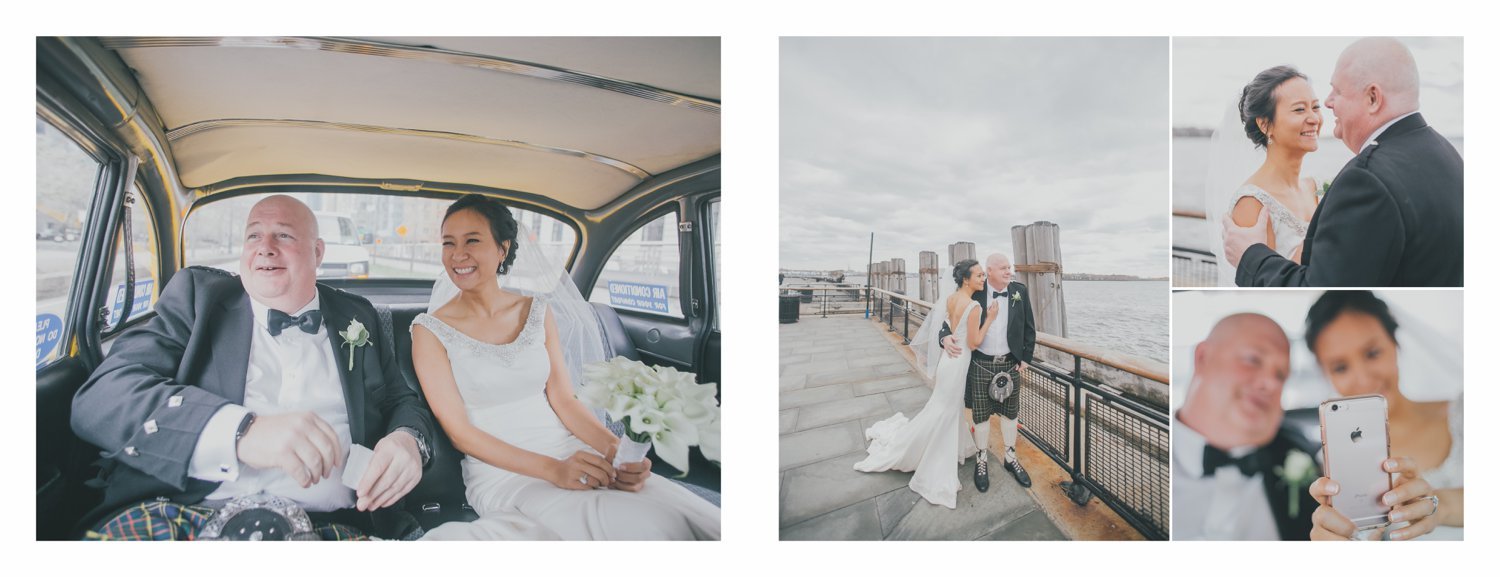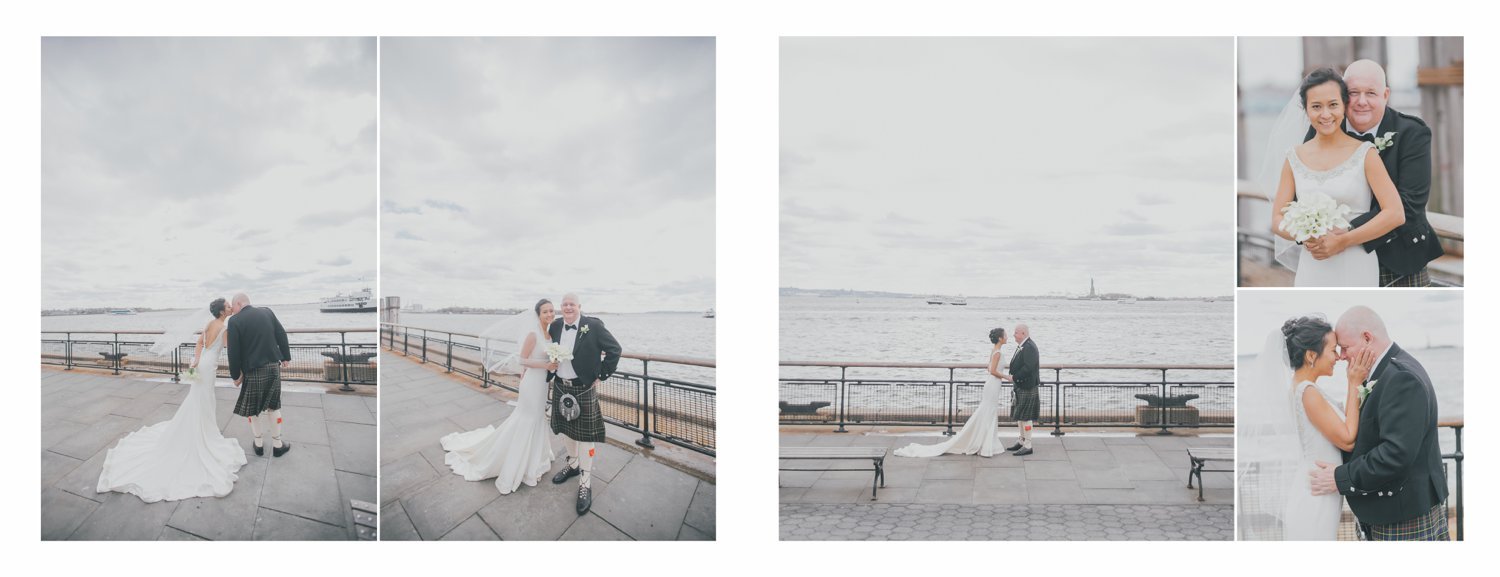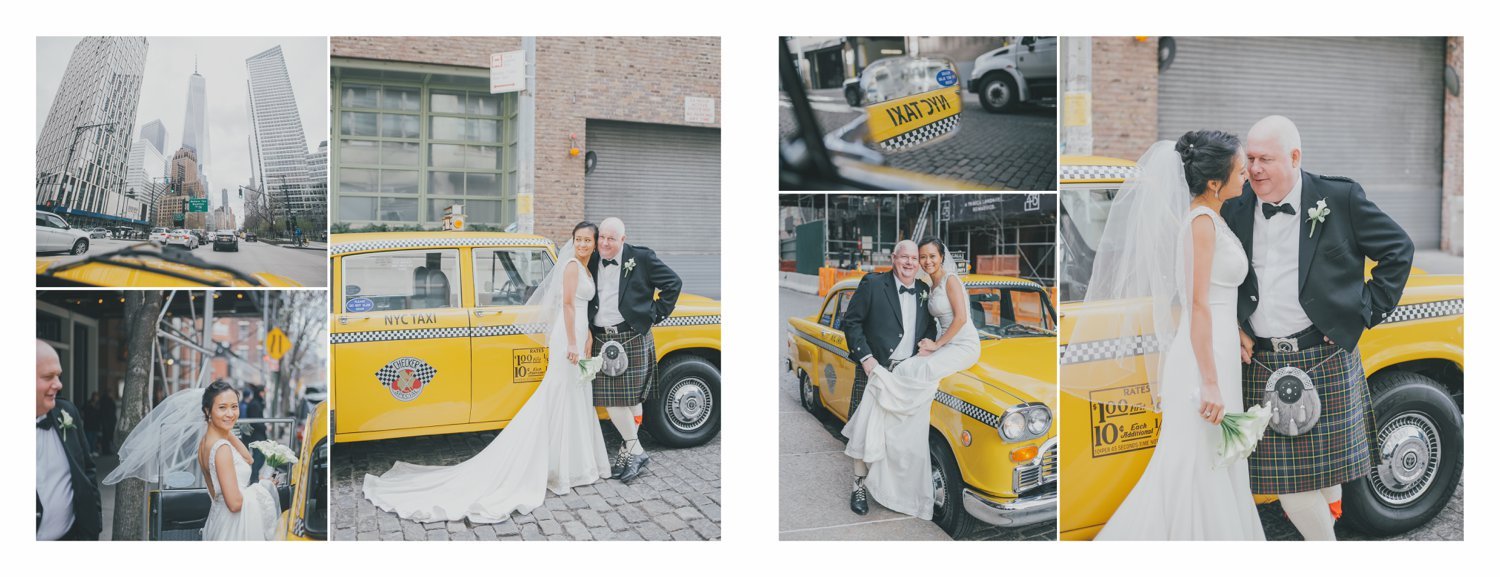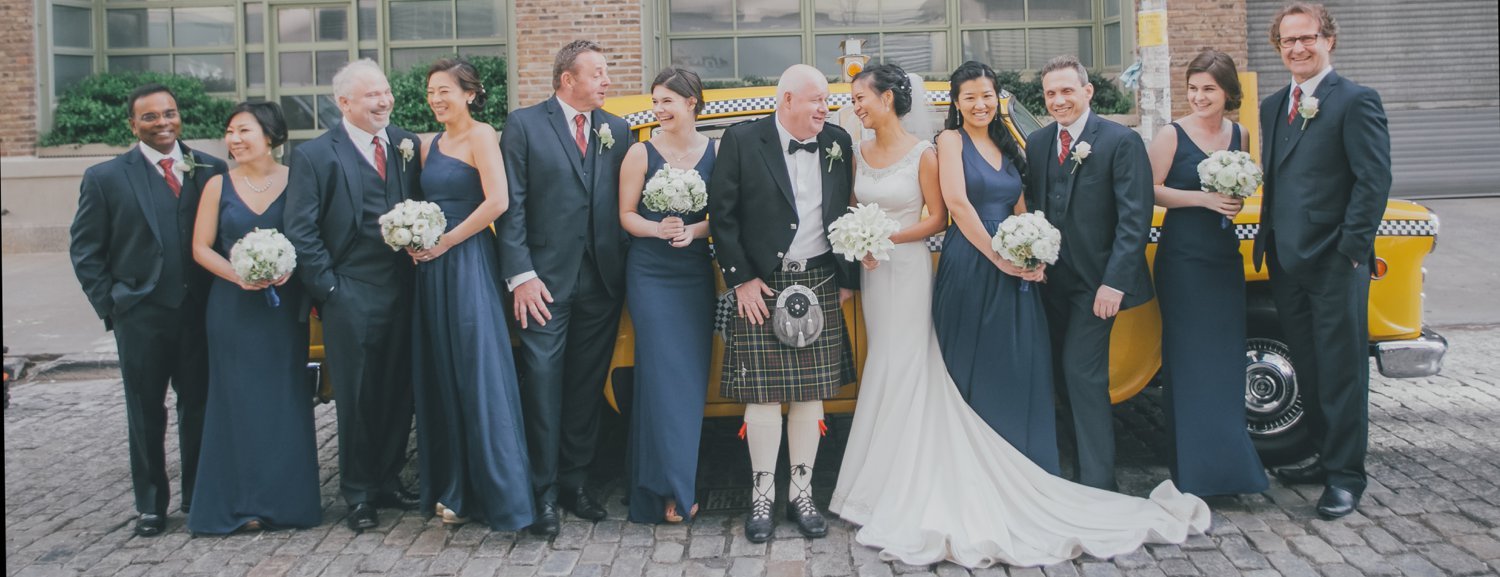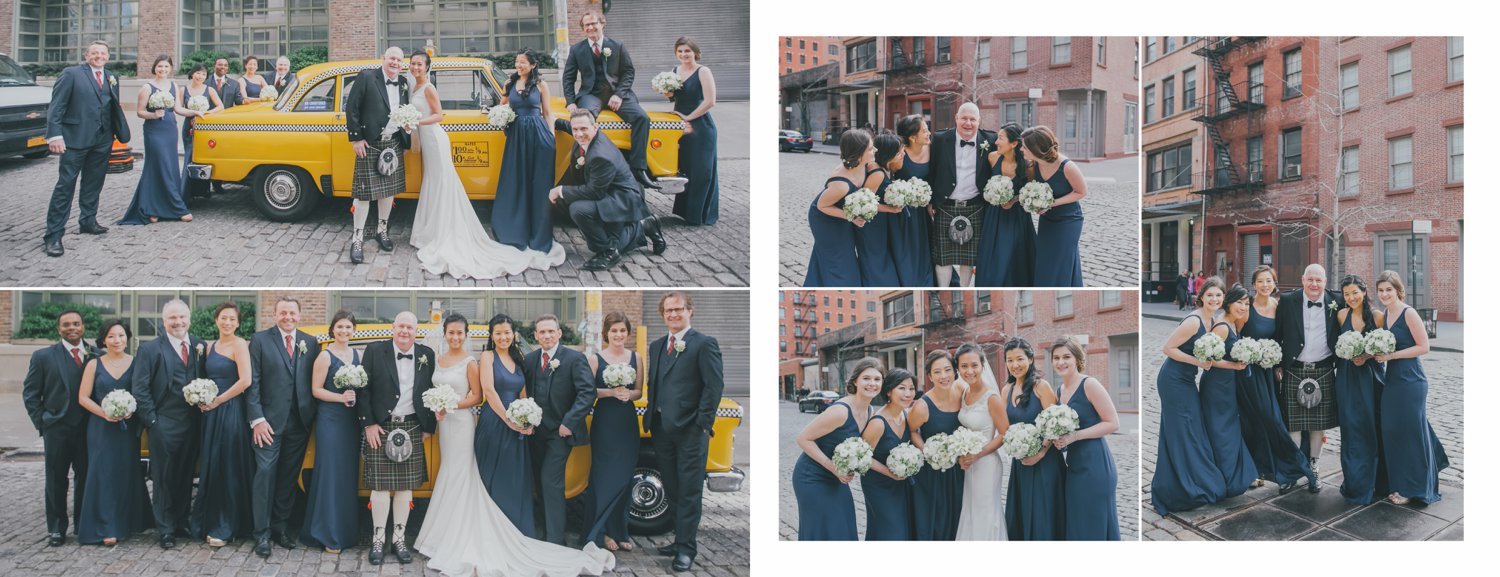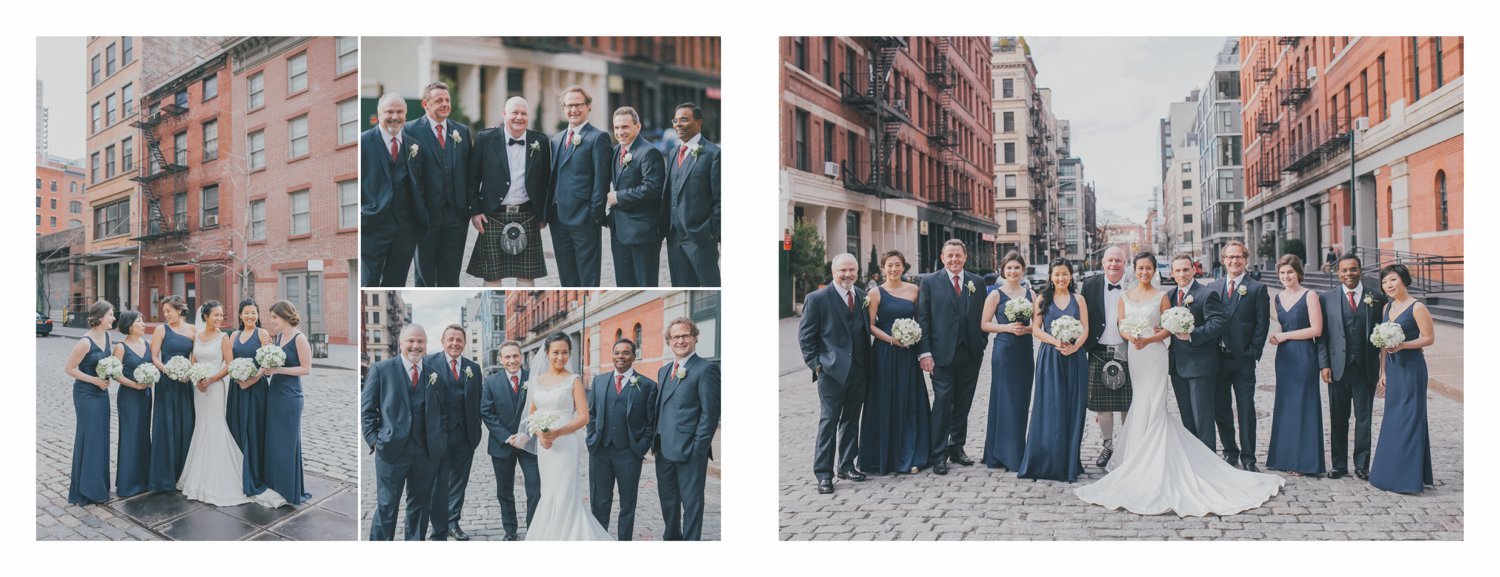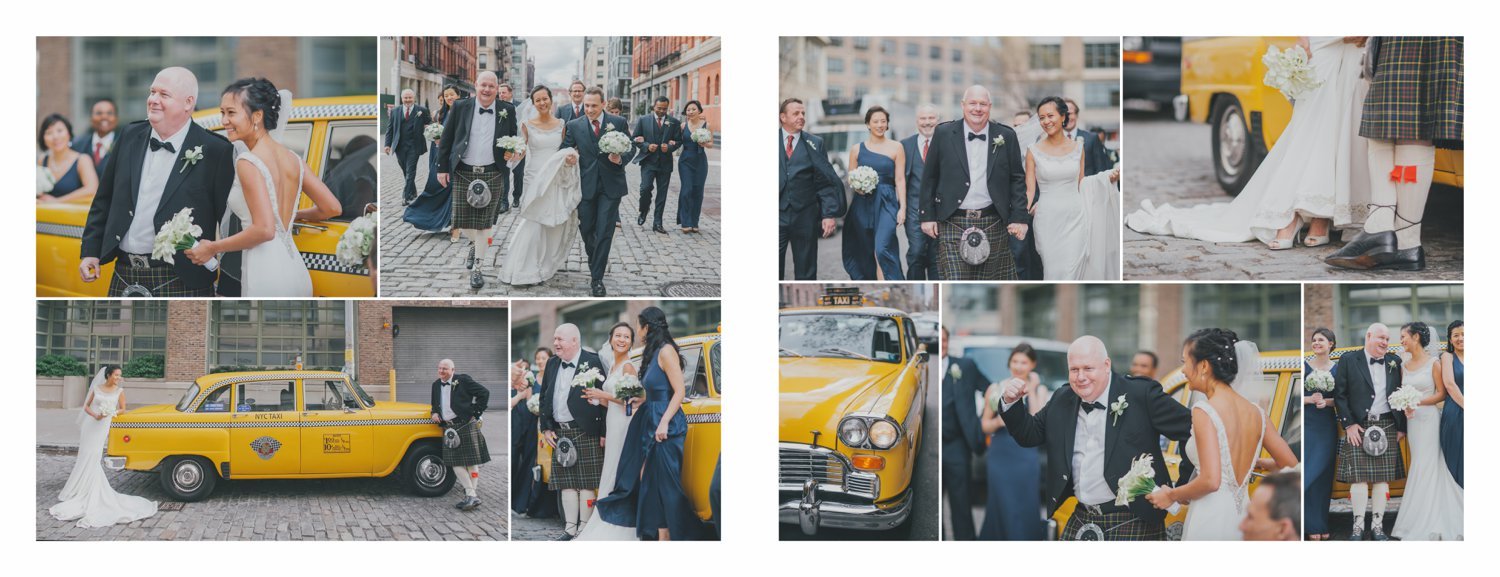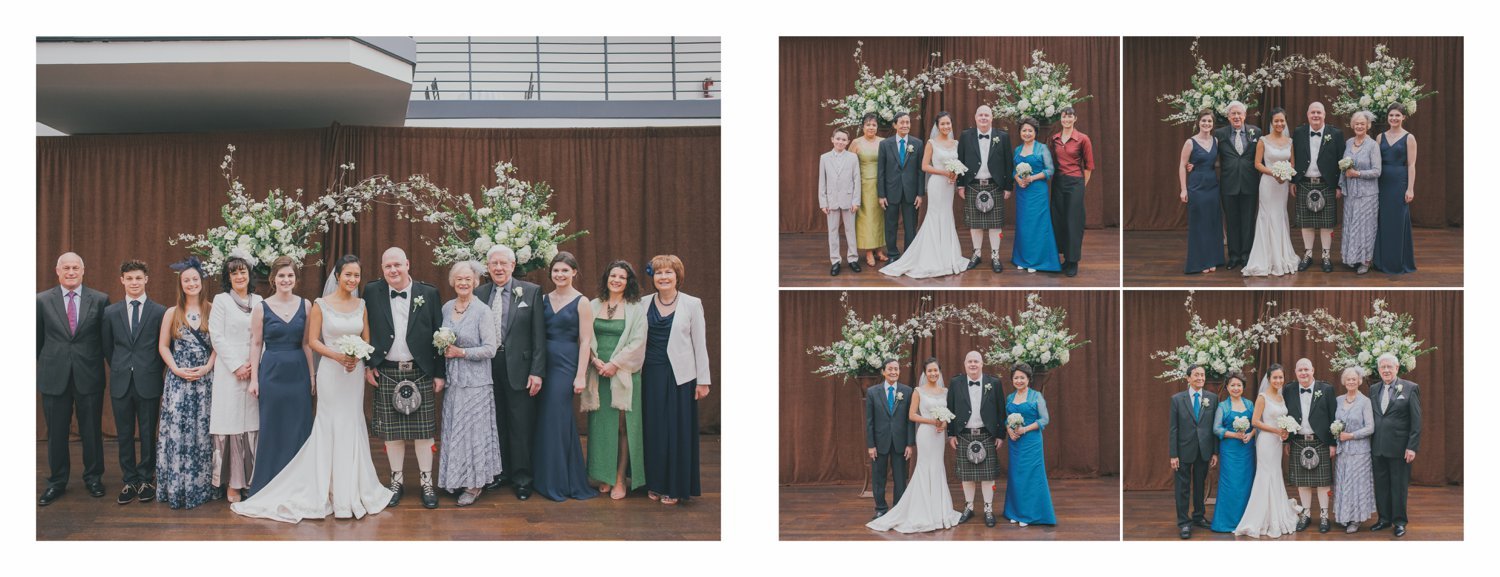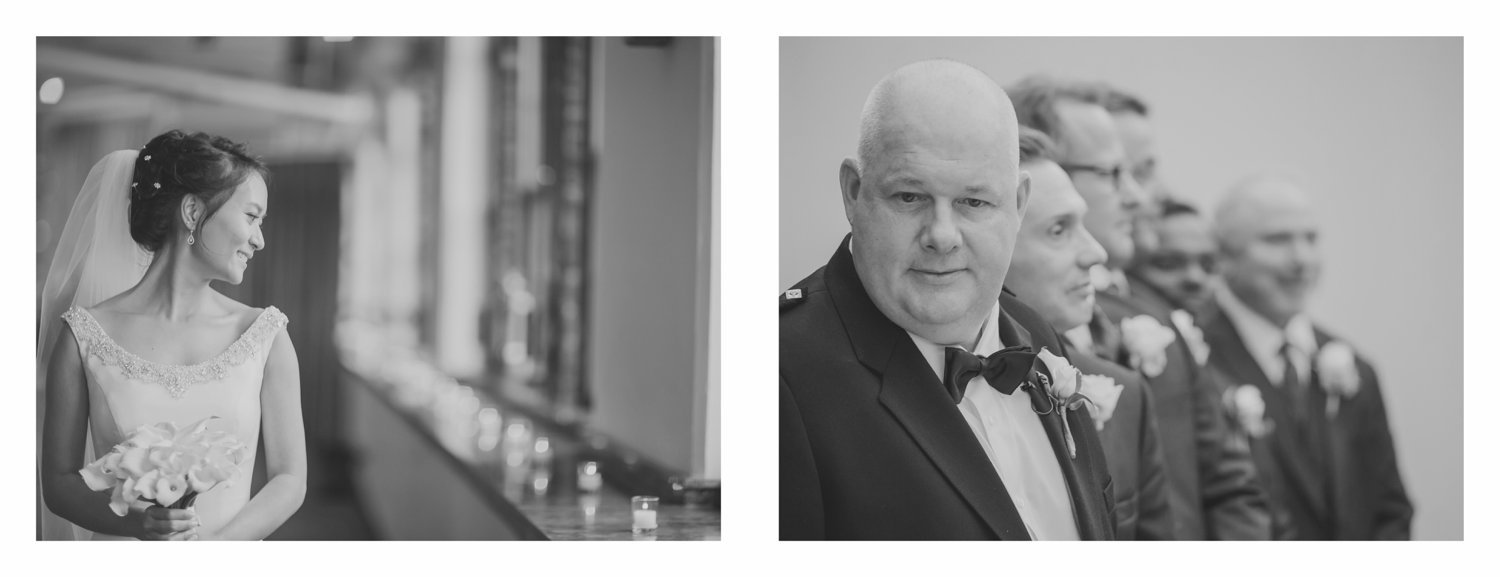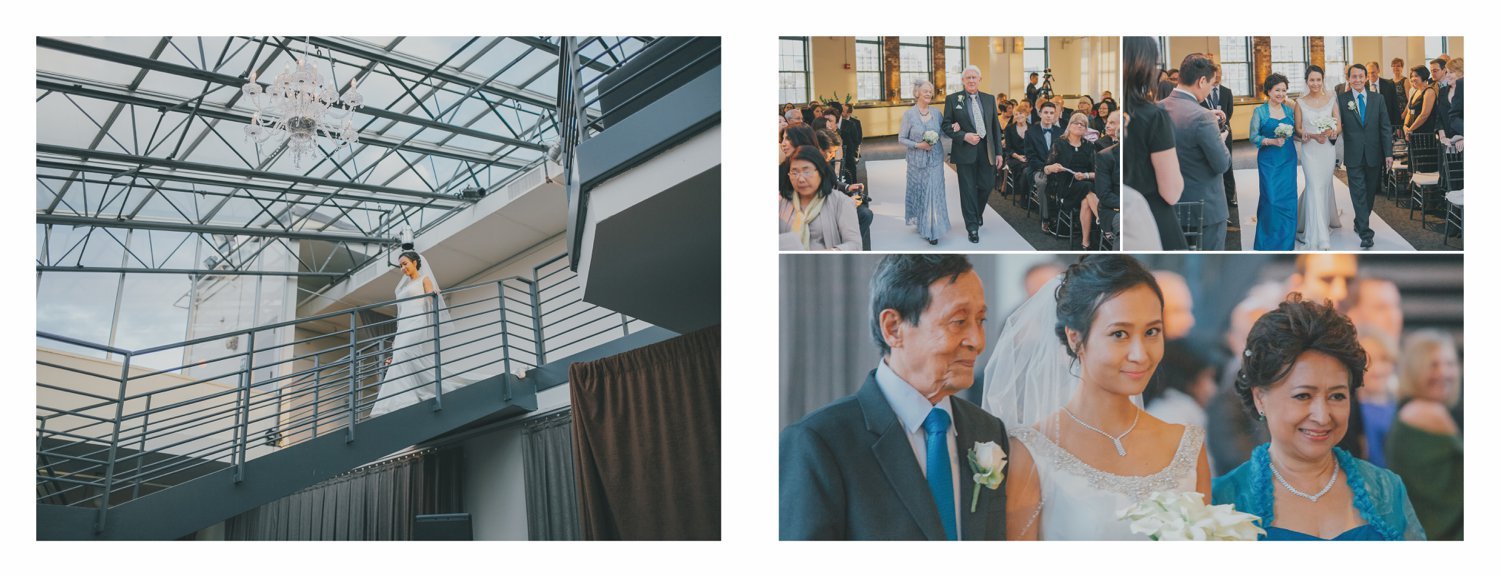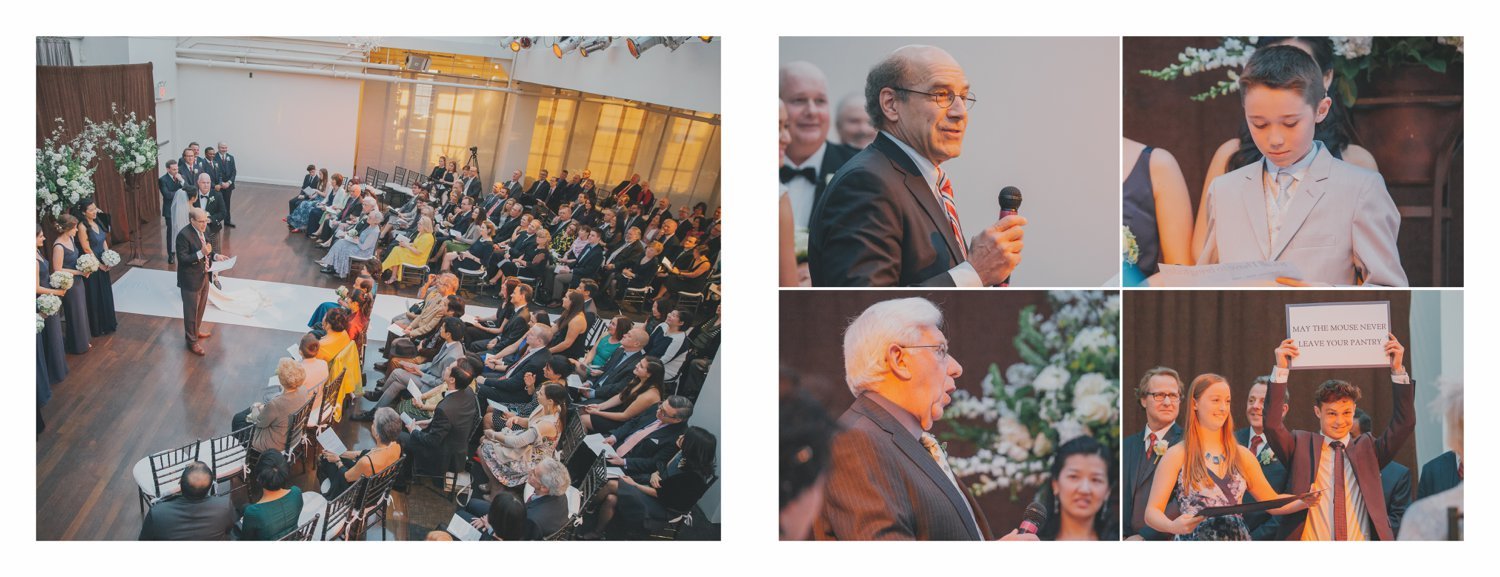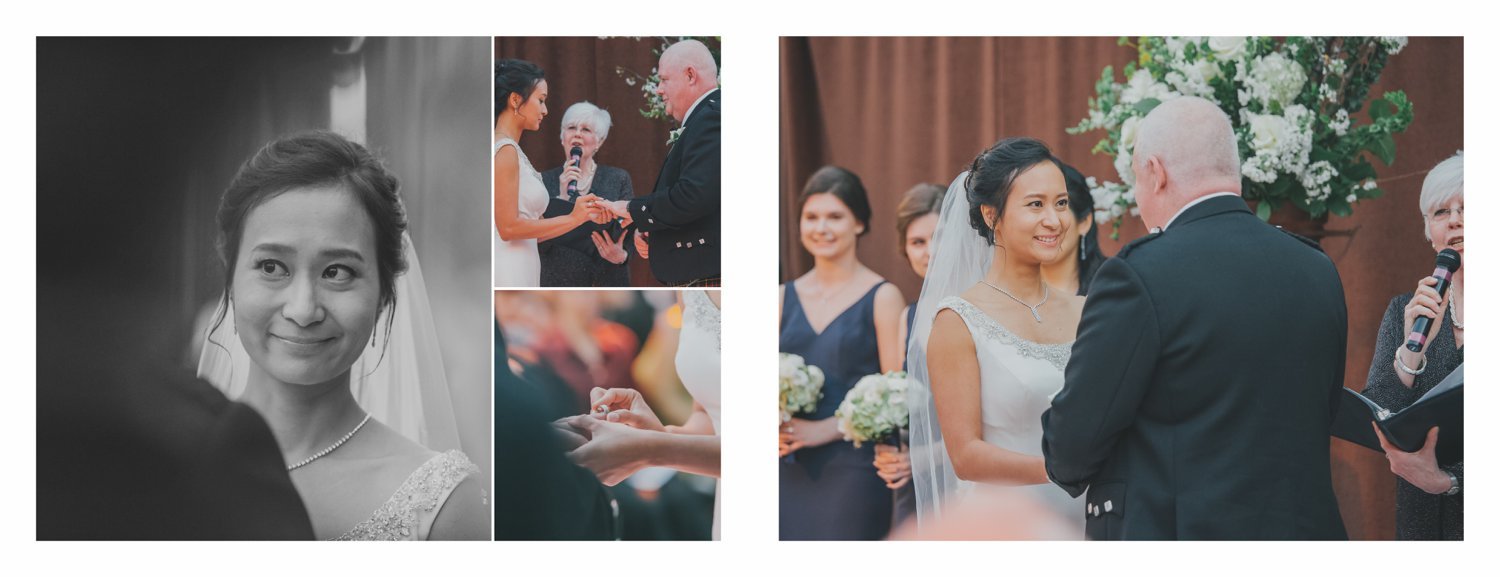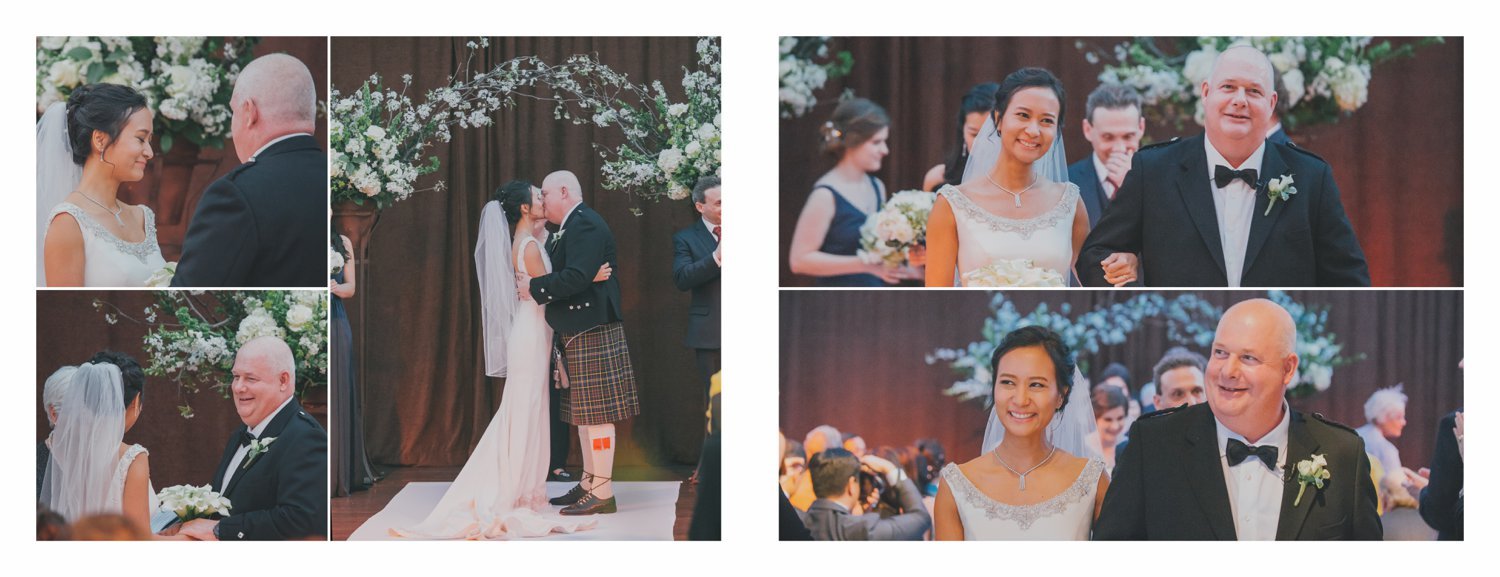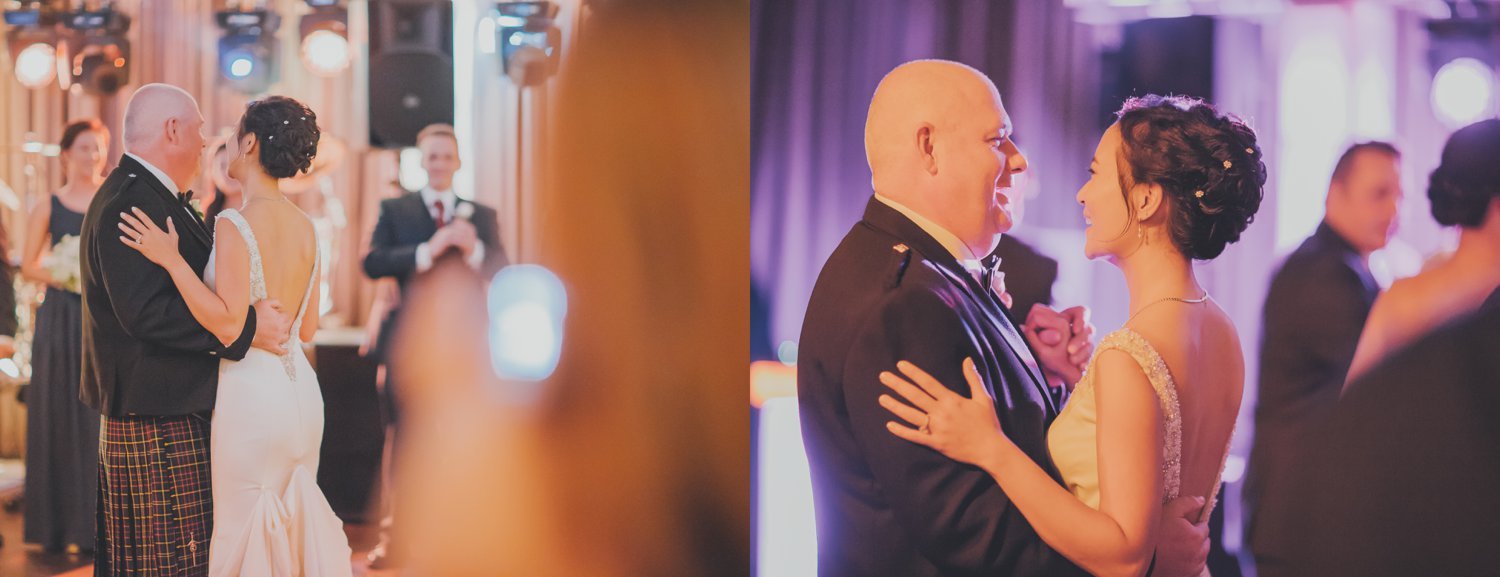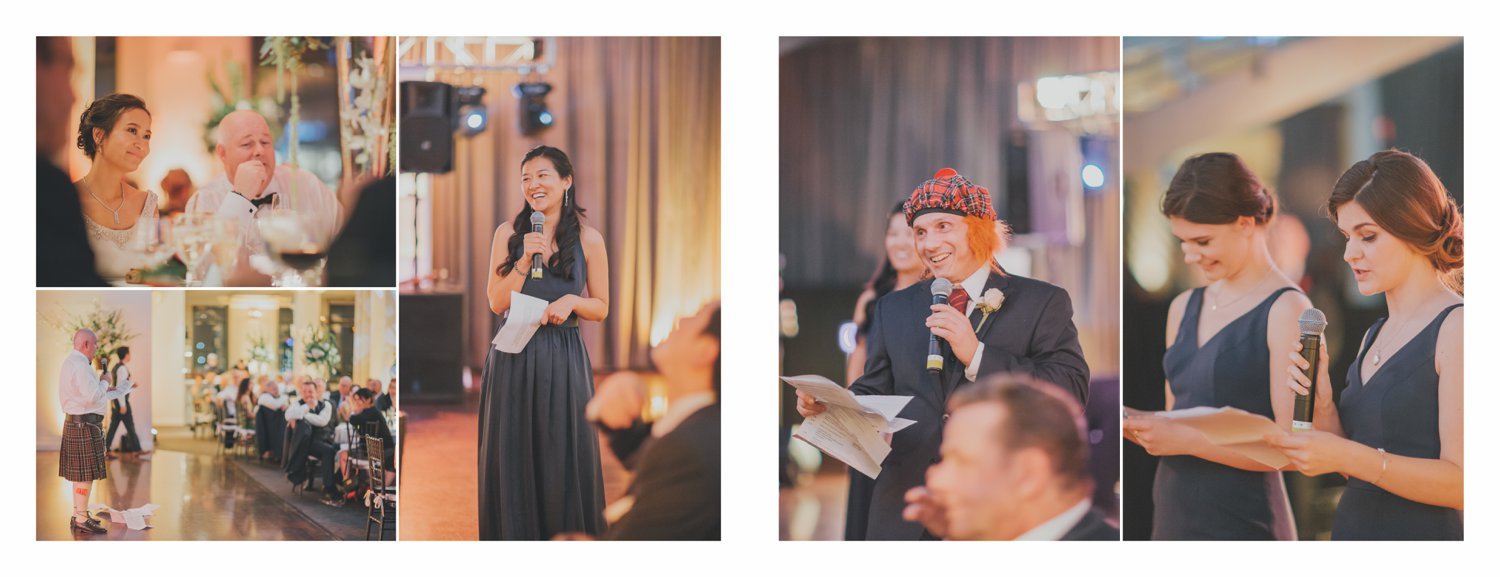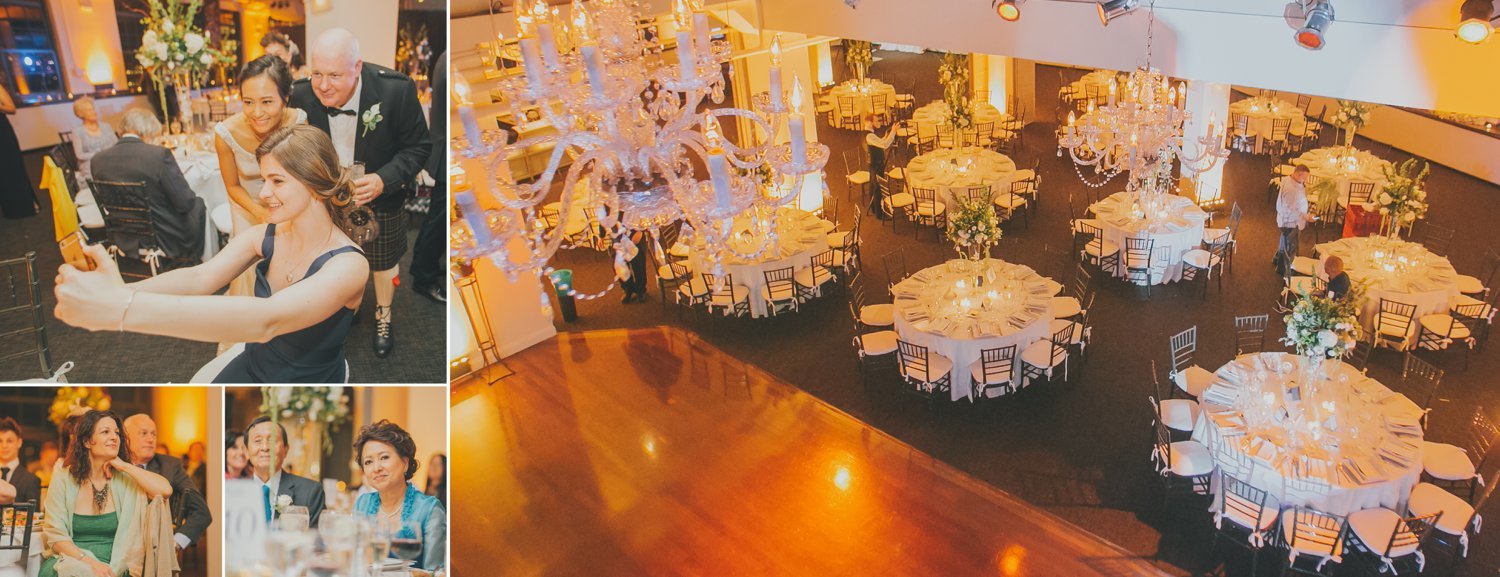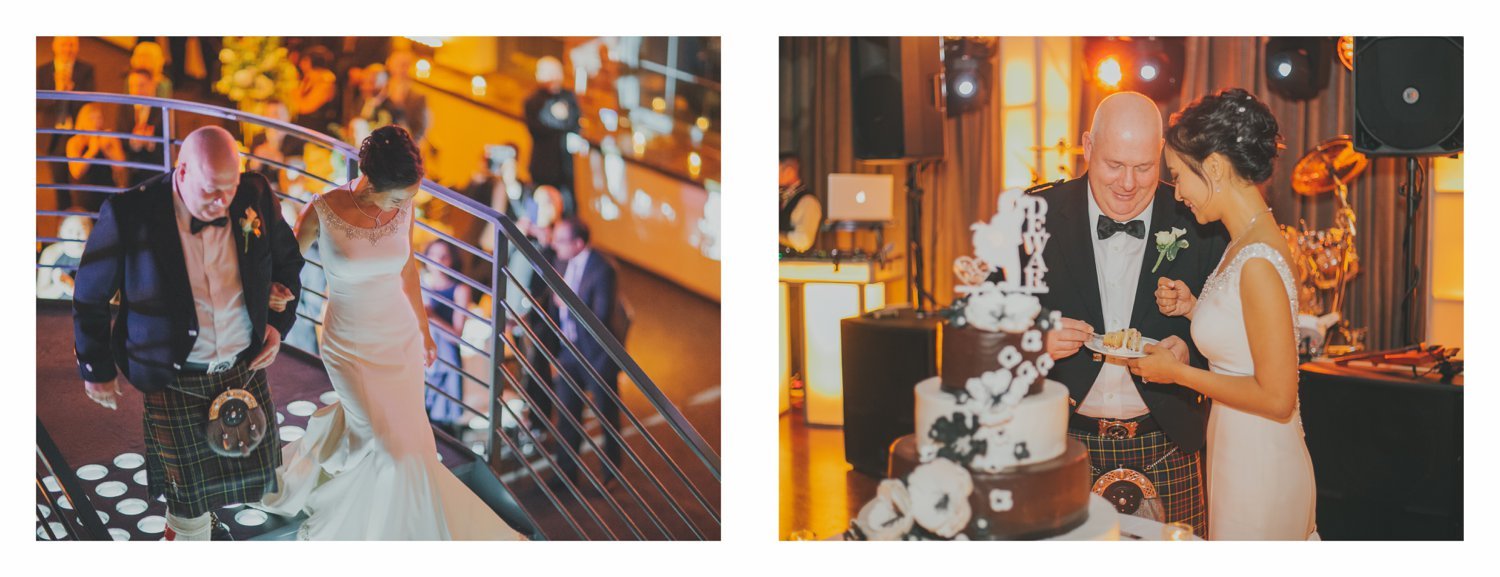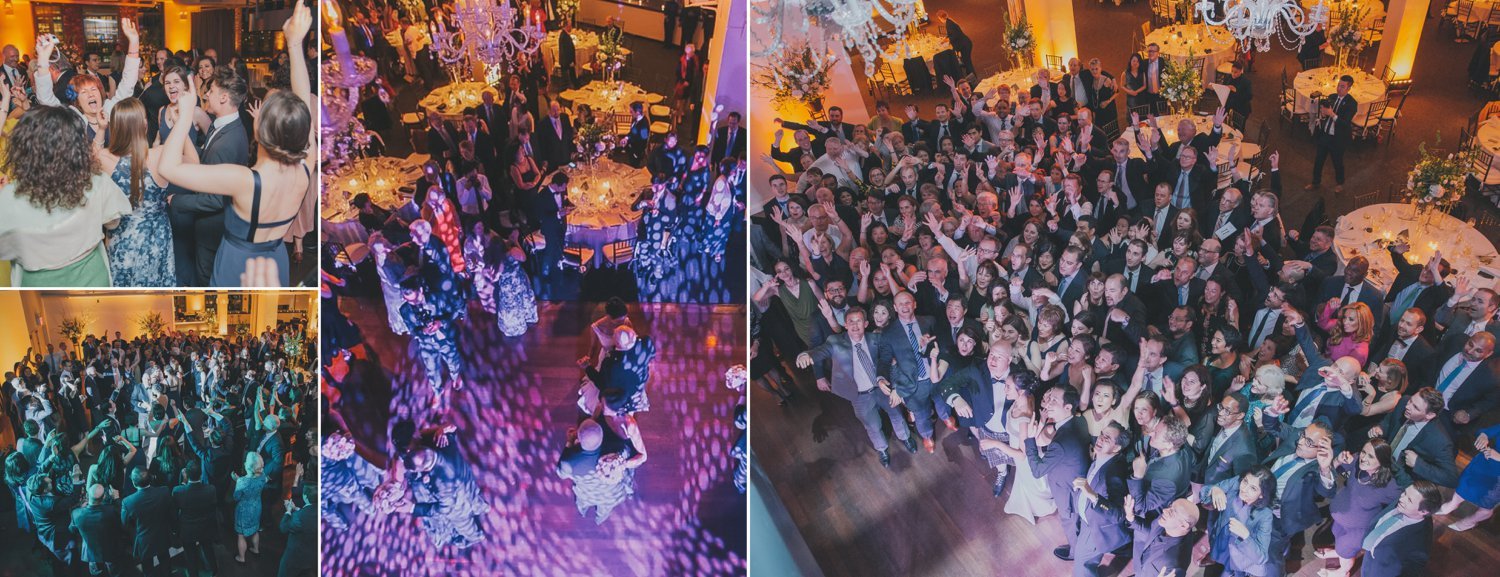Wedding photography has come a long way from stiff, posed portraits to candid, artful shots that tell a story. In recent years, fine art wedding photography has become increasingly popular, as it captures the beauty and emotion of the day in a unique and creative way. One of the key elements of fine art wedding photography is composition, which involves how the elements within the frame are arranged and how the photographer uses various techniques to create a visual impact. In this post, we will explore the art of using composition in fine art wedding photography and how it can elevate your NYC wedding photography to new heights.
Understanding Composition in Fine Art Wedding Photography
Composition is the arrangement of visual elements in a photograph to create a pleasing and impactful image. In fine art wedding photography, the composition is used to create a sense of depth, balance, and visual interest. A skilled photographer can use composition to draw the viewer's eye to certain parts of the image and convey a mood or emotion.
One of the most important compositional techniques in fine art wedding photography is the rule of thirds. This technique involves dividing the image into thirds horizontally and vertically, creating nine equal sections. The photographer then places the subject or key element of the image along one of the lines or at an intersection point. This creates a more dynamic and interesting image than simply placing the subject in the center of the frame. For example, in a wedding portrait, the bride and groom could be placed along the left or right third line, with negative space on the opposite side to create a sense of balance.
Another important technique in the composition is leading lines. These are lines within the image that draw the viewer's eye toward the subject or a key element. For example, a wedding photographer could use a path or a row of trees to lead the viewer's eye toward the bride and groom. Leading lines can also create a sense of depth and perspective in the image.
Using Visual Elements in Composition
In fine art wedding photography, photographers use various visual elements to create a sense of balance, depth, and interest in the image. These elements include color, texture, and shape.
A color is a powerful tool in composition. A skilled photographer can use color to create a mood or emotion in the image. For example, warm colors like red and orange can create a sense of passion and excitement, while cool colors like blue and green can create a sense of calm and serenity. A wedding photographer could use color to highlight the bride's bouquet or the groom's tie to create a focal point in the image.
The texture is another important visual element in the composition. A photographer can use texture to create a sense of depth and interest in the image. For example, a close-up of the bride's lace dress or the groom's tweed jacket can highlight the texture and create a tactile feel in the image.
The shape is also an important element in the composition. A skilled photographer can use shapes to create a sense of balance and visual interest. For example, a circular arrangement of bridesmaids around the bride can create a sense of unity and harmony in the image.
How to Use Composition in NYC Wedding Photography
NYC is a beautiful city with many unique and interesting locations for wedding photography. A skilled fine art wedding photographer can use composition to create striking images in any setting.
When shooting in NYC, a photographer can use leading lines to create a sense of depth and perspective in the image. For example, the city's iconic streets and bridges can be used to lead the viewer's eye towards the bride and groom.
Color is also an important element in NYC wedding photography. The city's colorful architecture and vibrant street art can be used to create a sense of energy and excitement in the image. A photographer could use the city's bright yellow taxis or the colorful umbrellas of street vendors to create a focal point in the image
The texture is also an important element in NYC wedding photography. The city's architecture and landmarks offer a variety of interesting textures, from the smooth marble of the New York Public Library to the rough brick of the Brooklyn Bridge. A photographer can use these textures to add depth and interest to the image.
Shape is another important element that can be used in NYC wedding photography. The city's skyline and landmarks offer a variety of interesting shapes, from the curves of the Guggenheim Museum to the angles of the Empire State Building. A photographer can use these shapes to create a sense of balance and visual interest in the image.
In addition to these visual elements, a skilled photographer can also use composition to tell a story in their NYC wedding photography. For example, a photo of the bride and groom walking hand in hand down a city street can convey a sense of adventure and romance. A photo of the couple standing in front of the New York Public Library can convey a sense of sophistication and elegance.
Tips for Using Composition in Fine Art Wedding Photography
Here are some tips for using composition in your fine art wedding photography:
Experiment with different angles and perspectives to create a unique and interesting image.
Use leading lines to draw the viewer's eye towards the subject or a key element in the image.
Use the rule of thirds to create a more dynamic and interesting composition.
Use visual elements like color, texture, and shape to add depth and interest to the image.
Tell a story with your images by using composition to convey a mood or emotion.
Conclusion
Composition is an important element in fine art wedding photography. A skilled photographer can use various techniques and visual elements to create a unique and striking image that captures the beauty and emotion of the day. In NYC, a photographer can use the city's unique locations and landmarks to create memorable and beautiful images. By using composition in your fine art wedding photography, you can elevate your images to a new level and create a lasting memory for the bride and groom.

